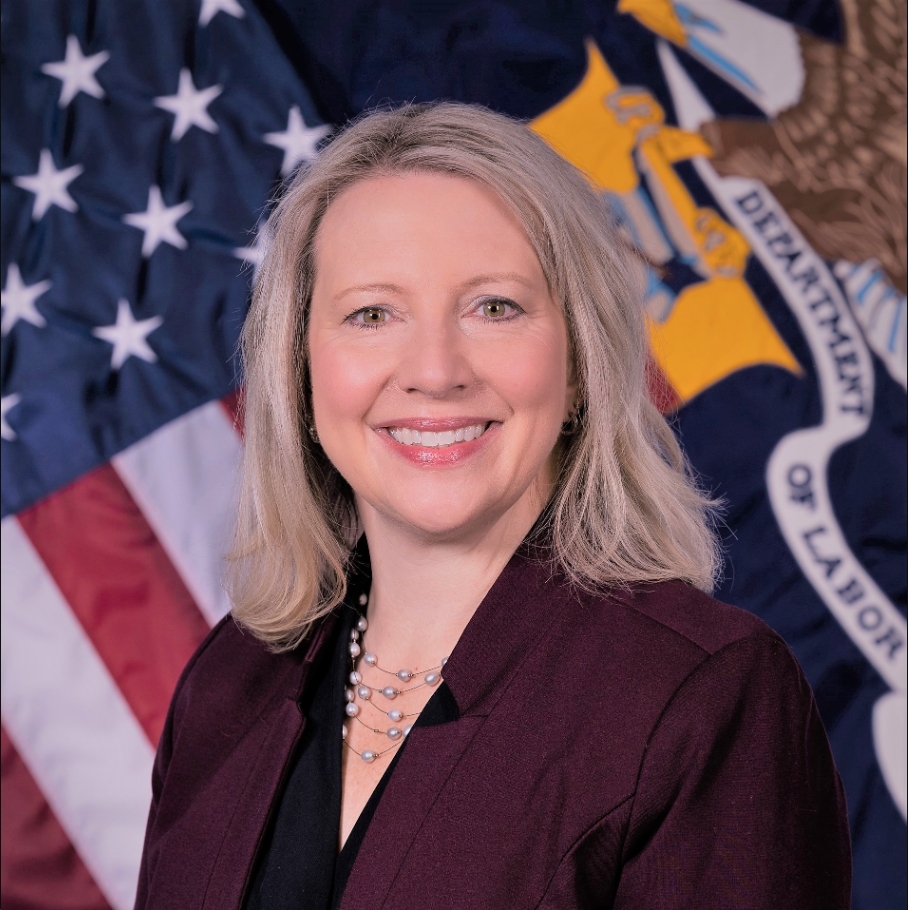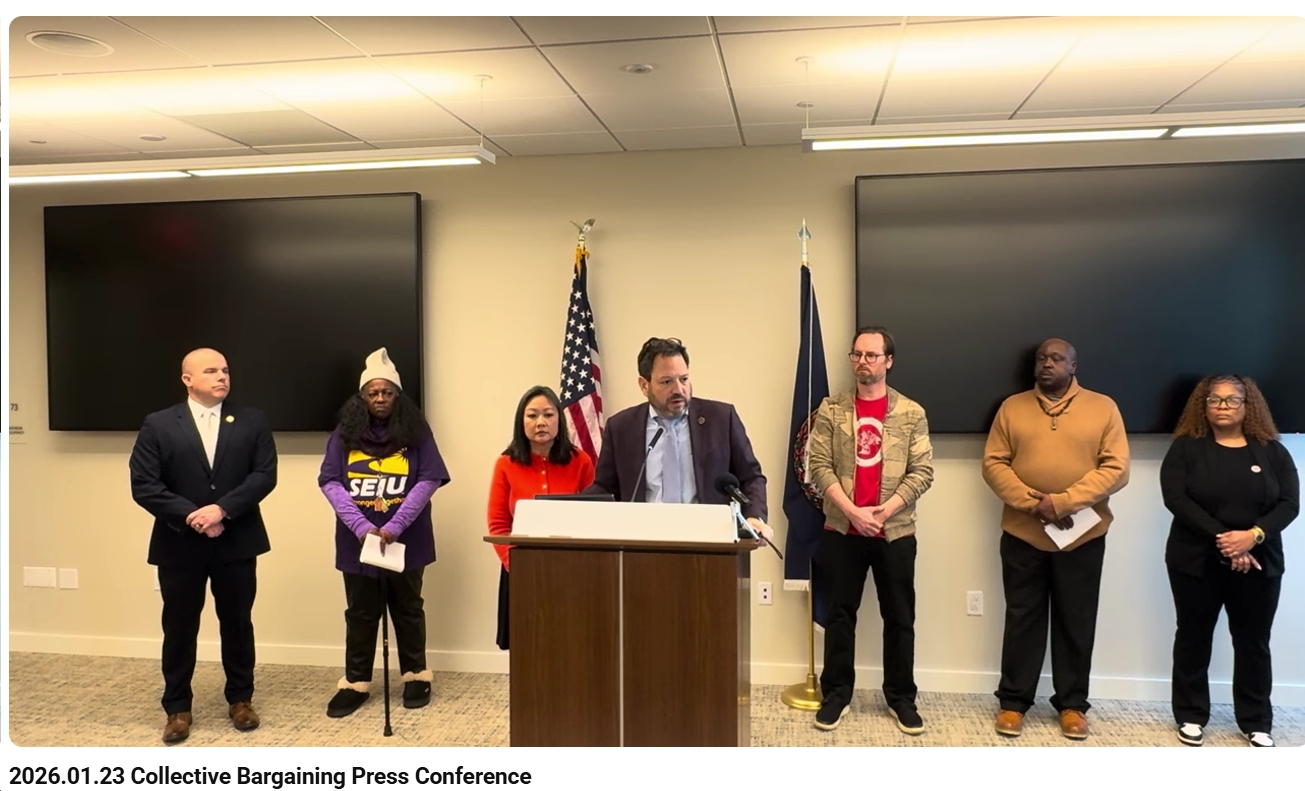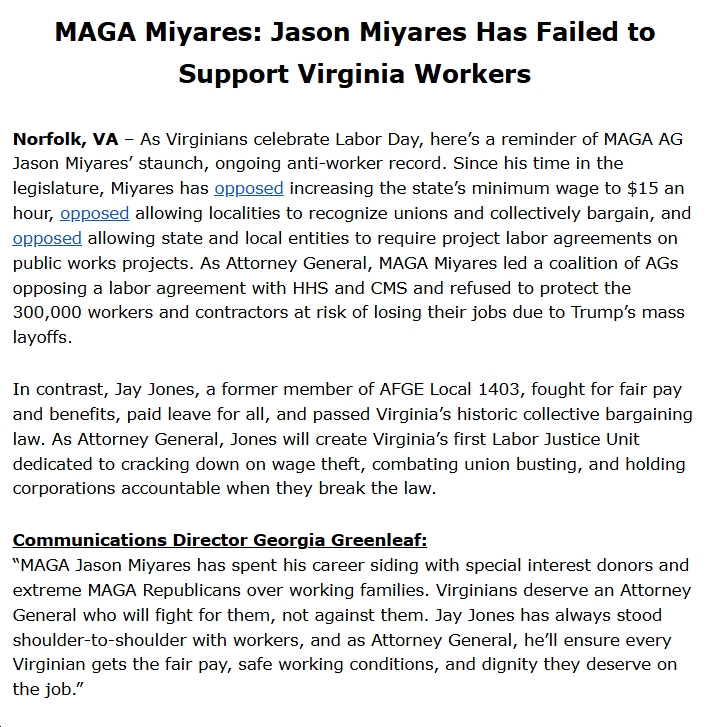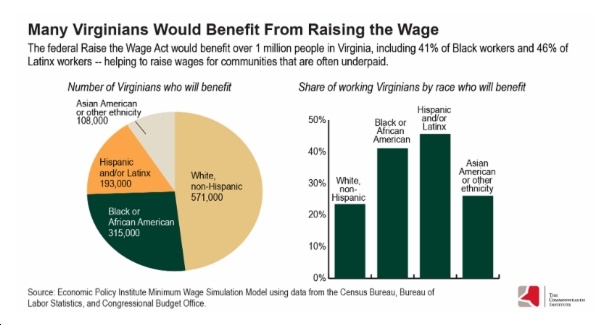by Henry Howell III
Organized labor, unions, are not perfect, but the same thing can be said of the United States, and the response is the same to both criticisms — show me something better.
Unions were here before the United States. The first Labor Day in the United States occurred in New York City on September 5, 1882, when the Central Labor Organization called on the workers in New York City to take the day off and march to a park for a rally. At that time, owners of capital, and, therefore, those who controlled the means of production and the provision of services, demanded that all workers work seven days a week, twelve hours a day. The ten thousand men who marched in the streets of New York City that first Labor Day knew they might lose their jobs, solely because they went on strike that one day for a better work week.
After President Grover Cleveland sent federal troops to end a railroad union strike and the federal troops killed and wounded strikers, Cleveland declared September 5 to be a new national holiday, Labor Day.
Most every victory that organized labor has won for the benefit of working men, women, and children has come at the cost of blood drawn by federal troops, state and local police, and the companies’ private strike breakers, whose abuse of force always went unnoticed by local and state police. It was war between those individuals, who had only their labor and solidarity with other workers, and corporate forces with full government backing. All the workers were seeking was an eight-hour workday and a six-day workweek. For these simple, basic, fair demands, the corporations and the government killed and wounded men, women, and children over the course of decades of labor struggles for worker rights. Those rights, won with blood of workers on the streets of America, today benefit every person who has worked a day in his or her life.
Today, many of the beneficiaries of union struggles do not trust unions, and in many cases speak and vote against them. This is an amazing irony based on ignorance of the nature and history of organized labor in the creation of the United States of America. Unions have always been soldiers in our mutual struggle to fulfill the dream of the nation’s people throughout our shared history; that is, the promise life, liberty, and the pursuit of happiness for each and all.
Unions are as pretty – or not – as any democracy on Earth. Each and every union is a democracy. Every member of a union is either a brother or sister in solidarity, from the President of the AFL-CIO on down to the sanitation worker. As with all long-lived democratic institutions, unions have in their history thousands of regular elections, thousands of transfers of power under neutrally arbitrated elections, many tremendous strides in achieving social and economic justice against powerful forces, many cases union reform leaders’ surviving attempts on their lives only to go on to clean up the unions from top to bottom. Again, as with all democracies, the long history of unions in the United States also includes instances of assassinations; imprisonment of ousted officers involved in greedy, heinous acts (including assassinations of reform leaders); willing involvement with organized crime; and, as with the corporate opposition, bribery and corruption of public officials.
But remember, this day, that without unions’ leading the fight for child labor laws and fair labor laws, none of those things would have become law. Without unions’ tempering the drive of corporations for profit for shareholders, eight year olds would have been working twelve hour days, seven days a week, without any education. Without the unions mediating between labor and capital, a near-revolution would have forced the government to step in and impose government solutions; the solutions would not have been those that unions negotiated with capital and the government to find the fair balance.
Unions have been critical to the United States’ economy that is now based on consumer spending. Unions were critical to create the buying power of workers, who keep the U.S. economy going with their consumer spending – spending that only happens with fair wages and benefits.
So all hail unions! Work for and publicly support their rise to former heights. Their rise will benefit, without a doubt, all workers – and all citizens – in the United States of America.

![[UPDATED: VA Senate Dems Pass $15/Hour Minimum Wage Bill] VA House Democrats Pass Top Priority, Paid Sick Leave](https://bluevirginia.us/wp-content/uploads/2026/02/housedemspaidsick.jpg)















